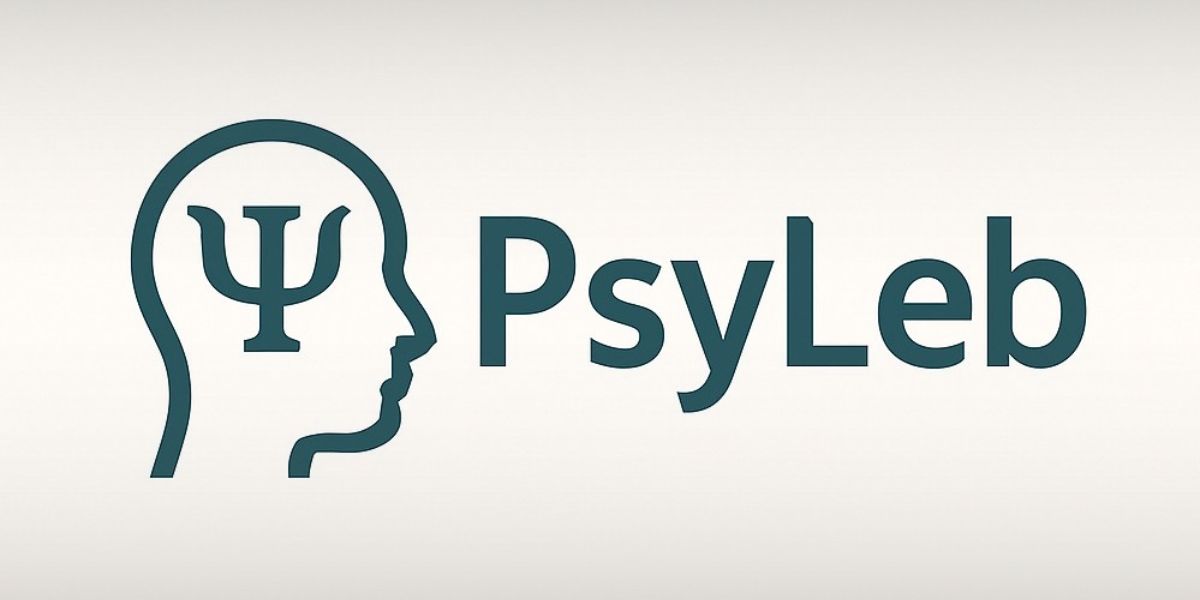By: Steven Williams
Mental health has long been a taboo topic in Lebanon, where societal norms often discourage open conversations about emotional well-being. Despite the growing awareness globally, many Lebanese still struggle with mental health challenges in silence—fearing judgment, shame, or being perceived as weak. Enter PsyLeb, a groundbreaking platform designed to break the stigma and normalize therapy, making mental health support accessible, confidential, and stigma-free.
Challenging the Stigma: The Lebanese Reality
For decades, seeking therapy in Lebanon has been associated with social stigma and cultural misconceptions. People who pursue psychological support are often labeled as “weak” or “crazy,” leading many to suffer in silence rather than reach out for help. This cultural mindset has not only hindered mental health awareness but has also created barriers to seeking professional support.
The recent economic crisis and political instability have only exacerbated the issue, pushing more people to the edge while leaving them isolated and hopeless. Despite this reality, the fear of judgment prevents many from taking the first step toward healing.
How PsyLeb Is Breaking the Silence
PsyLeb was launched with a clear mission: to transform mental health access in Lebanon by providing a secure, user-friendly platform where individuals can confidentially connect with licensed psychologists and psychoanalysts. By focusing on online therapy options, PsyLeb allows users to receive professional support from the privacy of their homes, significantly reducing the fear of being seen entering a clinic or therapy center.
Moreover, the platform features therapists trained in various therapeutic approaches, including Cognitive Behavioral Therapy (CBT), psychoanalysis, and trauma therapy. This diversity helps users find the right kind of support tailored to their unique needs—whether they are dealing with anxiety, depression, PTSD, or relationship challenges.
Changing the Narrative Around Mental Health
PsyLeb’s efforts go beyond providing therapy. The platform actively works to educate the public about mental well-being through blogs, articles, and guides that address common misconceptions and encourage open dialogue. PsyLeb fosters a community of support and understanding by sharing expert insights and real-life perspectives.
Mental health should not be a luxury or a source of shame. PsyLeb’s message is clear: Taking care of your mental well-being is an act of courage and strength, not something to hide or feel guilty about. Through its compassionate approach and professional resources, PsyLeb is steadily changing how Lebanon views therapy and mental health care.
A Safe and Confidential Space for All
One crucial aspect of PsyLeb’s mission is helping with confidentiality and security. The platform employs encrypted communication channels and secure payment processing, making it a safe space for users to share their struggles without fear of exposure.
The simple, user-friendly interface also encourages first-time users to navigate the platform easily. Booking an appointment can be done in just a few clicks, eliminating the typical anxiety associated with arranging therapy sessions.
Paving the Way for a Healthier Lebanon
By tackling stigma head-on and offering a safe, supportive environment, PsyLeb is helping to reshape the mental health landscape in Lebanon. The platform is not just about therapy—it’s about creating a cultural shift that encourages individuals to embrace self-care and seek support without fear or shame.
As Lebanon continues to face social and economic challenges, the need for accessible mental health services has never been greater. PsyLeb’s commitment to breaking the stigma and fostering open conversations is paving the way toward a healthier, more resilient society.
For more information and to book a confidential session, visit www.PsyLeb.com.
Disclaimer: The information provided is for general informational purposes only and should not be considered a substitute for professional medical advice, diagnosis, or treatment. For personalized advice and support, please consult a licensed mental health professional. PsyLeb is committed to ensuring confidentiality and security for its users, but users are advised to take personal precautions when sharing sensitive information online.
Published by Jeremy S.


















